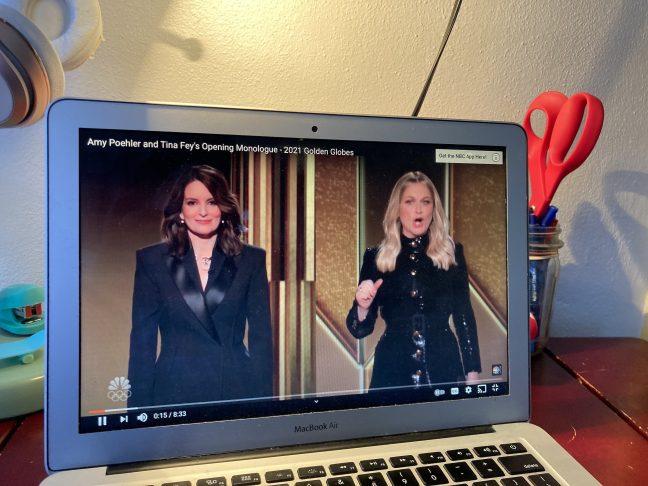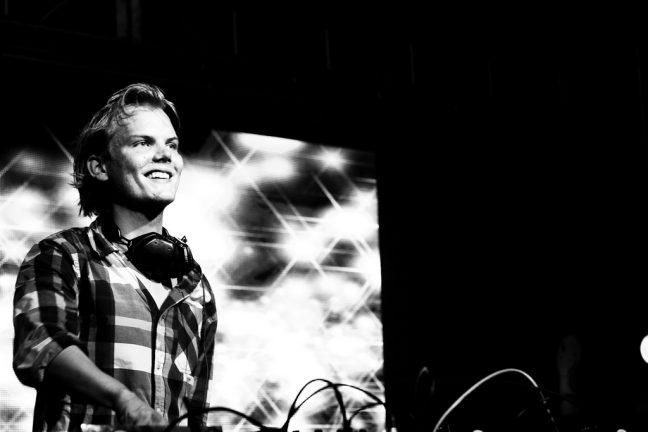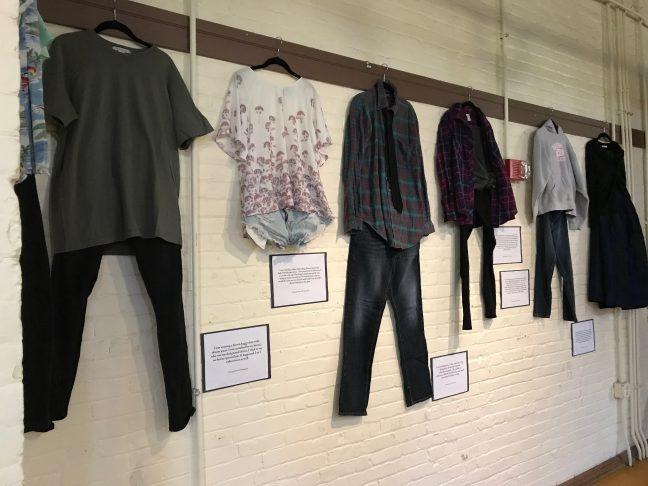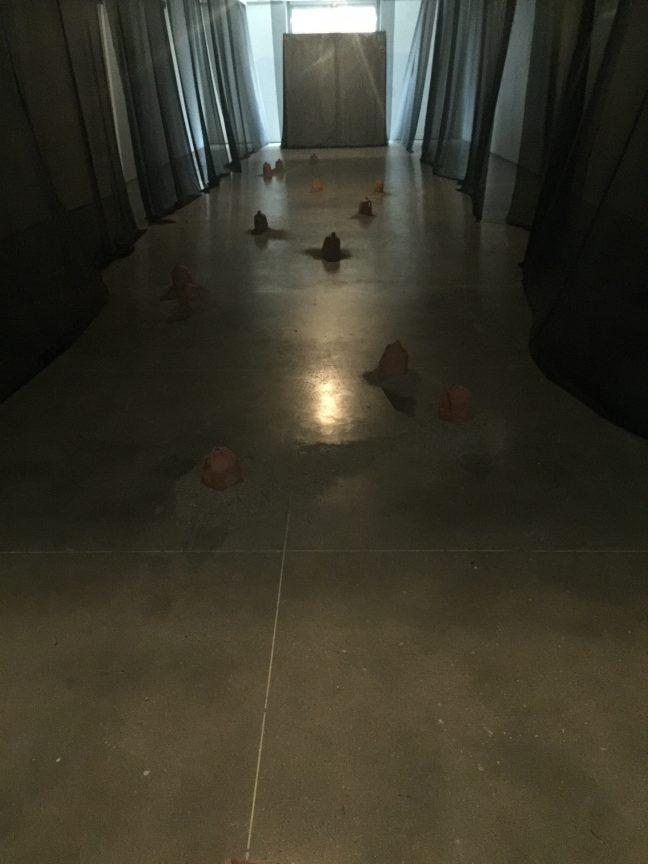-648x432.jpg)
Abe Sauer sees a disconnect between the press and the people, and it’s shaped like an immaculately-groomed, silver-haired TV icon. Journalists today, he says, “are more of the upper middle class than they are of anything else,” and it’s causing large swaths of the country not to listen to them.
The mainstream media might not understand how sites featuring citizen reporting gain traction with the public, but, Sauer argued, “Somebody like Anderson Cooper doesn’t have a damn thing in common with most of the people he reports on. When he goes into a disaster zone and stands there in his slicker, and he holds his microphone and he emotes about how horrible this all is, everyone knows that he goes back to a Fifth Avenue condo at the end of the day.”
It’s a concern Sauer voiced repeatedly, but it’s not just an empty complaint from the prodigiously bearded freelancer. For him, it’s a statement of purpose. When the protests on Capitol Square began, Sauer was there, on the scene for The New York-based blog The Awl.The two-year-old site, which has a national following and has garnered a write-up in The New York Times, states part of its mission is to serve “an audience of intelligent readers who are poorly served by being delivered those same stories in numbing repetition to the detriment of their reading diet.”
So Sauer knew Awl editors Alex Balk and Choire Sicha would prefer unique angles to rote write-ups of setting and circumstance. As such, Sauer committed to going where he felt other journalists weren’t, whether that meant Sauk County for a smaller, local protest or into a building on Doty Street to visit the regional lobbying office for Koch Industries.
A huge part of Sauer’s reporting, he said, was “Spending time with the actual people who were protesting. Even spending time with, you know, the people who were protesting against them.”
Sauer’s style is informed by his colorful background. After pursuing an education in Chinese at the University of Wisconsin, Sauer took his half-completed degree from UW to Beijing in 1994 and stayed far longer than he’d originally planned.
“I was over there for one year and didn’t feel like I had learned enough. So I enrolled myself in Beijing University proper, dropped out of the UW, and just started going to school in China,” he said.
He stayed in China “about six and a half years,” then moved back to the U.S. and “bounced around at different jobs in New York.”
Gradually, by working connections and relentlessly pitching magazines and blogs, Sauer became a full-time freelance writer. His contributions to The Awl began after he moved to North Dakota.
“I wrote a thing for them about midget wrestling in a North Dakota bar, and they liked it,” Sauer said.
He and his family now live in a small town in Wisconsin. Sauer also contributes to a variety of other sources, including Esquire and Brandchannel, an advertising trade publication. According to Sauer, the disparities between those outlets are easily accommodated by applying the same investigative rigor to every assignment, be it an examination of product placement in movies or his recent search for a serviceable used car costing less than the average Wisconsin tax return.
That tenacity can rub some the wrong way, especially when it’s focused on an individual rather than an event. In one article for The Awl, Sauer questioned how Laurence Meade – husband of popular blogger and UW Law professor Ann Althouse – gained access to an address by Gov. Scott Walker. Piqued by Sauer’s angle, Althouse blogged the reporting was “utter conspiracy bullshit.” Her husband appeared in the comments section of The Awl piece to call Sauer “extremely dishonest and manipulative.”
Sauer seemed amused by the exchange. Of Althouse, he opined, “She doesn’t believe a lot of what she writes. I think she really, really likes pissing people off and being an instigator and just a kind of sand in everyone’s swimsuit, and that is very fun for her.”
Althouse and Meade declined to comment for this article.
Even in today’s media landscape, the dispute is hardly on the level of Sulzberger and Murdoch’s recent oblique swipes. Still, the intensity of the exchange seemed grounded in the relevance of both blogs to shaping popular perception of the protests.
For his part, Sauer said his reporting for The Awl was generally well-received, both by national and local readers. And he believes his stubbornness is part of his pull. As he told me in an email, “My bread and butter is upsetting people.”
Mission accomplished, at least on that front. With his potent mix of narrative and reporting rolled into one, it’s clear Sauer has come through with at least one plank in the rickety populist bridge spanning journalism’s new divide.













